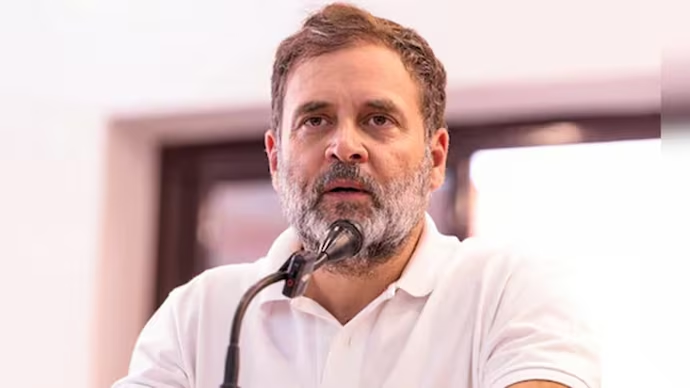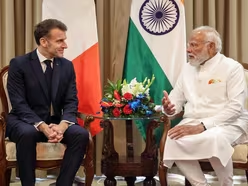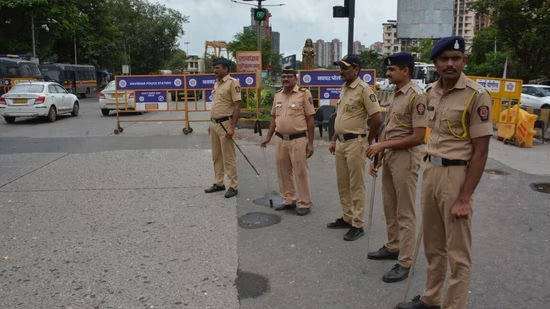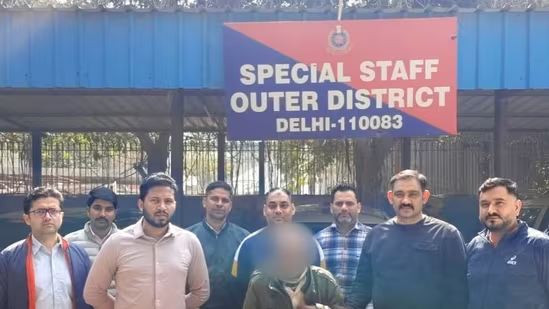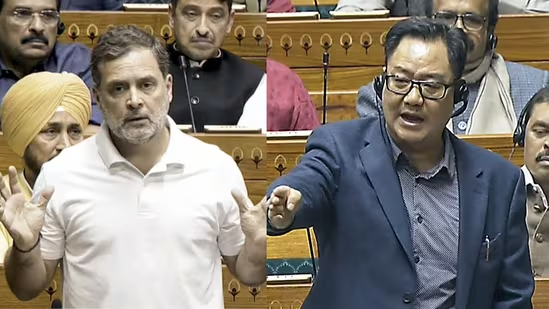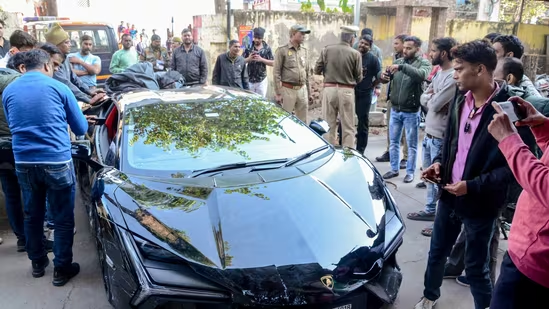The relationship between India and Bangladesh is a complex interplay of politics, economics, and diplomacy. The Indian government has long viewed Sheikh Hasina’s regime as a reliable ally, with her policies aligning closely with India’s strategic interests. However, the recent electoral setbacks for her party in Bangladesh signal a shift in the country’s political landscape. This development serves as a wake-up call for India, urging a reassessment of its diplomatic strategies and foreign policy priorities.
A Strategic Partnership Anchored in Mutual Interests
Sheikh Hasina’s administration earned India’s favor through policies that aligned with New Delhi’s strategic and economic goals. A key factor in this alliance was Hasina’s strong stance against Islamist forces in Bangladesh, creating a safer environment for the Hindu minority—a concern deeply resonant with the Indian government. Additionally, Hasina’s government maintained a delicate balance by refraining from criticizing the activities of Hindutva forces in India.
Economically, the Hasina regime pursued a development model similar to Modinomics, emphasizing rapid growth despite widening inequality. While this approach benefited the wealthier segments of society, it also further impoverished the poor. Interestingly, despite these disparities, Bangladesh under Hasina outperformed India on the global hunger index, highlighting the effectiveness of certain policies.
Another crucial aspect of India’s support for Hasina was her openness to Indian investments, particularly in infrastructure. These investments not only strengthened economic ties but also ensured India’s competitive edge over China in Bangladesh. By prioritizing Indian investments, Hasina helped secure India’s significant presence in Bangladesh’s economic landscape.
The Political Centralization and Its Implications
Under Hasina’s rule, Bangladesh’s political landscape evolved into what many describe as an elected autocracy, with power increasingly centralized in her hands. This concentration of power facilitated a monopolistic economy, further entrenching the regime’s control over political and economic systems.
However, the recent electoral setbacks for Hasina’s party indicate that such centralization carries significant risks. The erosion of democratic processes and the marginalization of opposition voices have led to growing discontent among voters. The results of the recent general elections in Bangladesh reflect a rejection of communal politics and dissatisfaction with economic policies that have exacerbated inequality.
For India, these developments are a reminder of the dangers of over-reliance on a single political figure or regime. The decline of Hasina’s dominance in Bangladeshi politics underscores how quickly political fortunes can change, leaving those aligned with the former power structure vulnerable.
Lessons for Indian Diplomacy: A Broader Vision Needed
The evolving situation in Bangladesh calls for a reassessment of India’s diplomatic approach. Historically, Indian foreign policy was characterized by a nuanced understanding of regional dynamics, focusing on long-term relationships rather than short-term gains. This approach allowed India to navigate complex political landscapes without overcommitting to any single leader.
In recent years, however, there has been a shift towards personalized diplomacy, where relationships with individual leaders often take precedence over broader strategic considerations. While this approach can yield immediate benefits, it also risks short-sighted decisions that fail to account for the evolving political realities in neighboring countries.
As Bangladesh undergoes political transformation, India must adapt its strategy to engage with emerging forces shaping the country’s future. This means moving beyond a reliance on any single leader and focusing on building relationships with a broader spectrum of political actors. Such an approach would ensure that India remains a key player in Bangladesh, regardless of who holds power.
Moreover, India must avoid engaging in sectarian rhetoric, especially in light of recent violence against Hindus in Bangladesh. While these incidents have been condemned by various Bangladeshi leaders, they have also fueled communal tensions in India. Given the sensitive nature of India-Bangladesh relations, it is crucial for the Indian government to focus on promoting peace and stability rather than inflaming tensions.
A Return to Nehruvian Diplomacy
In this context, revisiting the principles of Nehruvian diplomacy—marked by inclusivity and a humanistic approach to foreign policy—could be beneficial. Nehru’s vision was rooted in understanding the complexities of identity politics and fostering harmonious relationships with neighboring countries. His approach prioritized long-term regional stability and cooperation over short-term political gains.
For India, adopting a similar vision could be instrumental in navigating the current challenges in its relationship with Bangladesh. By taking a more patient and accommodative stance, India can build bridges with new political forces in Bangladesh, ensuring its interests are safeguarded while also promoting democratic and inclusive governance.
Realpolitik and Regional Stability
At a time when India faces significant challenges from Pakistan in Jammu and Kashmir, alienating anti-Hasina forces in Bangladesh out of loyalty to a particular regime would be unwise. Instead, India should adopt a pragmatic approach, engaging with all political actors in Bangladesh to protect its long-term interests.
The Modi administration must recognize that realpolitik often requires flexibility and a willingness to adapt to changing circumstances. By maintaining open channels of communication with all sides in Bangladesh, India can help ensure the country remains a stable and friendly neighbor, regardless of political shifts.
Conclusion: Embracing a Balanced Diplomatic Approach
The recent political developments in Bangladesh underscore the importance of a balanced and forward-looking foreign policy. While the Hasina regime has been a valuable ally for India, the time has come to broaden the scope of India’s engagement with Bangladesh. By moving beyond reliance on individual leaders and embracing a more inclusive approach, India can continue to play a pivotal role in the region, promoting peace, stability, and democratic governance.
The lessons from Bangladesh should prompt India to revisit its foreign policy strategies, ensuring they are rooted in a long-term vision that prioritizes regional stability and the well-being of all its neighbors. In doing so, India can help foster a more peaceful and prosperous South Asia, where mutual respect and cooperation guide diplomacy.







